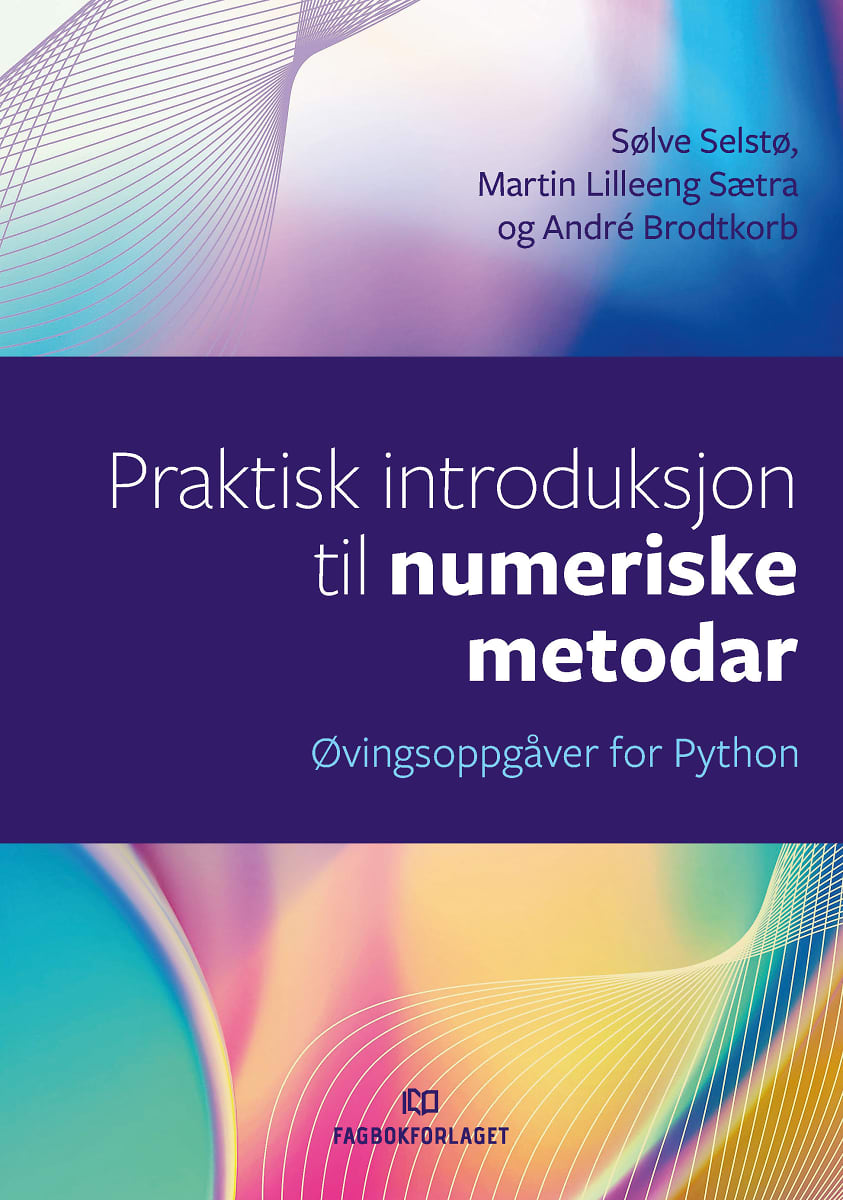Content
- CV [PDF]
- Teaching
- Master projects

Short course on conservation laws on GPUs day 1Content specific for 2023Content for 2021Keywords: CUDA, Python, OpenCL, C++, Git, logging, measuring performance, parallel reductions, gpu architecture, ... Description: In this series of lectures, you will learn how to solve simple conservation laws that simulate things such as acoustic waves and heat dissipation. This is a practically oriented course where the aim is that you work through tutorials and exercises, and you need to do the exercises to understand the concepts being presented. By the end of this course, you should have a Git repository with source code that you have written yourself. The course is structured into the following five topics (todays topics hilighted):
Introduction day 1
Session 1 - Parallel computing introIn this video, we go through an introduction to parallel computing, and why we need to care about parallel architectures and parallel code. Session 2 - GPU computing introIn this video, we go through a crash course in GPUs - with a short intro of how they work architecturally, as well as how we program them using Cuda and OpenCL with grids and blocks. Session 3 - Computing Pi with CUDAIn this video, we go through computing Pi (3.14159...) using Cuda. The example is to show how an algorithm gives an initial speed-down when ported to the GPU, and what kind of optimization techniques we should try to use to get higher performance. Session 4 - Floating pointIn this video, we go through floating point issues, especially those related to parallel computing. This is an important topic because such floating point errors can determine the difference between a good and a bad result.
|
| Log In | Page last modified on March 24, 2023, at 08:46 AM | |
